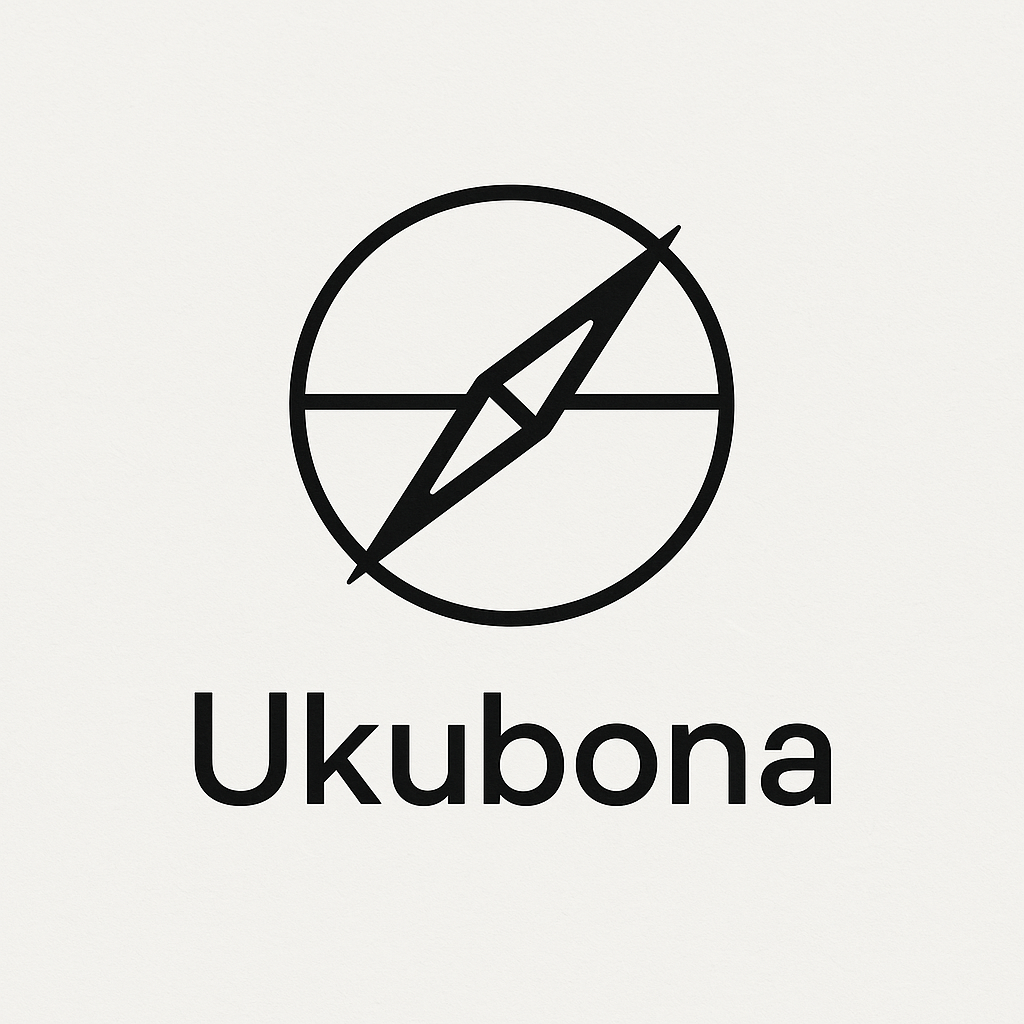Truth as Monopoly 🧭#
“Who owns the frame?”
“Once everyone has a risk model, the game is no longer about numbers.
It’s about who gets to decide what counts.”
When truth becomes legible, the next contest begins:
Who gets to interpret it?
Who defines what “high risk” means?
Who locks down the interface, the method, the threshold?
This is the monopolization of meaning.
It is not malicious.
It is structural.
📚 The Three Modes of Monopolization#
In the chapters that follow, we explore three ways institutions claim epistemic monopoly:
Tradition as Algorithm – “We’ve always done it this way.”
Normativity by Default – “The average is the ideal.”
Stability or Stagnation? – “If it doesn’t change, it must be working.”
Each is subtle. Each is designed to feel natural. And each resists disruption—not by evidence, but by inertia.
🔐 The Lock-In Problem#
Once a risk tool becomes widely adopted:
Clinicians stop questioning it
Institutions tie eligibility to it
Insurers adjust policies based on it
Software embeds its assumptions deep in code
Even when better methods emerge, the monopoly persists because the old method has been normalized.
💡 Real-World Examples#
Credit scoring algorithms that entrench generational inequity
Electronic health records that codify outdated risk thresholds
Educational dashboards that algorithmically define “potential”
Pretrial risk assessments that drive mass incarceration policy
In each case, the issue isn’t access.
It’s control of the interpretive frame.
🧠 What Monopoly Feels Like#
Certainty without audit
Standardization without adaptation
Reassurance that suppresses inquiry
Monopoly isn’t loud. It’s quiet.
It says: “There is no alternative.”
🛠 Ukubona’s Antidotes#
Ukubona is built against monopoly by design:
Open-source codebases
Transparent versioning
Subgroup-specific framing
Modular inputs, customizable thresholds
Critical notes embedded in each output
We want users—whether patients, educators, or researchers—to be agents, not just endpoints.
🏝 The Island Is Not the Same for Everyone#
Ukubona’s symbolic “island” isn’t a single destination.
It is whatever meaningful outcome the user seeks:
Survival
Understanding
Agency
Legacy
And no monopoly can decide what that means for someone else.
Up next:
Tradition as Algorithm – when inherited systems masquerade as rational design.

